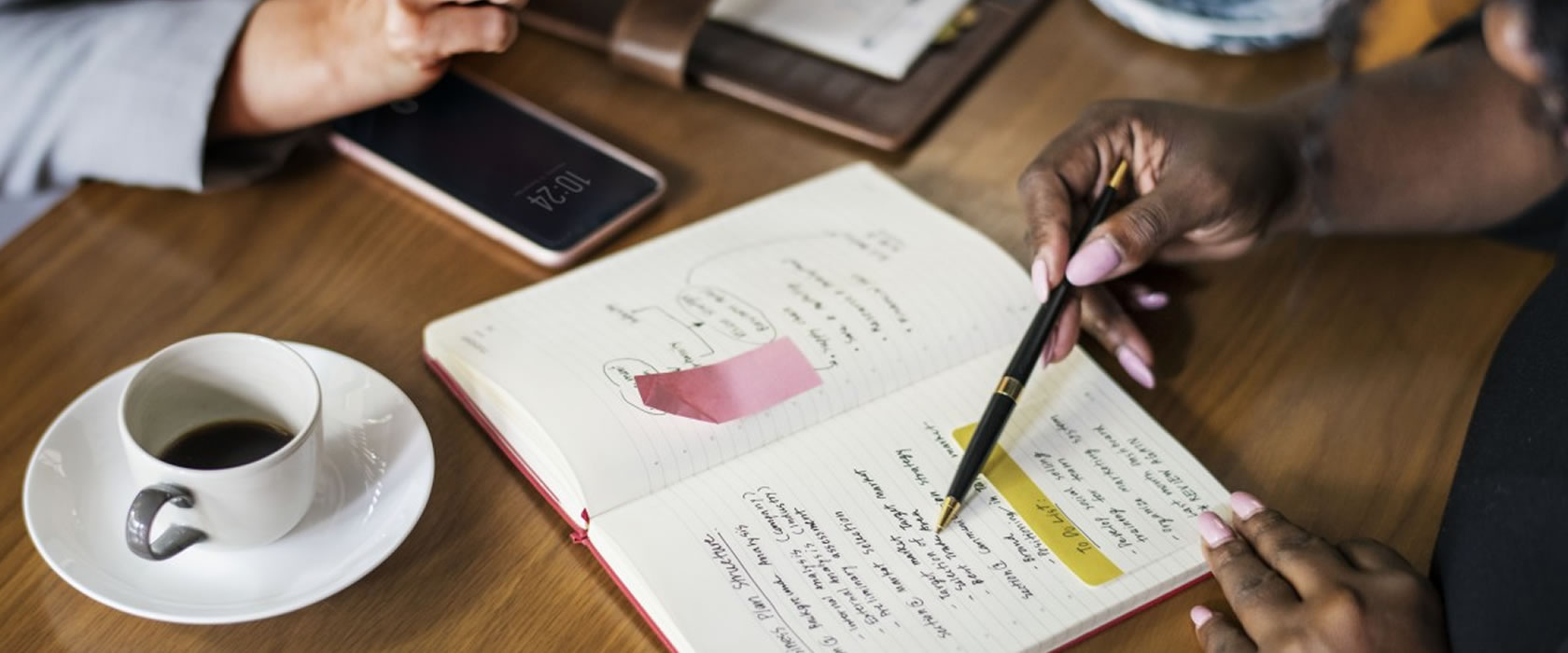Monday, March 4th, 2019

1. Stop acquiring new debt. The most important thing is to start now. Don’t start tomorrow. Don’t start next week. Start tackling your debt now.Acknowledge the problem. The first step is admitting you have a problem. Admitting that this is no ones fault but yours can be difficult. But it is very important. Tell your self the reason you are in debt is because you keep on buying things you can not afford. You keep borrowing from your future. Stop spending money you haven’t made yet. Stop borrowing from your future.
2. Stop Spending. If you’re in debt, the first thing you need to do is destroy your credit cards. Credit cards don’t help. They only make the problem bigger. Trust me once you get rid of them, you won’t miss them.
3. Spend your money on what’s necessary like grocery, utility bills, gas etc…( cable TV is not one of them) Make an adjustment. Look at your monthly spending and cut back on some things. Like stop eating out, Print out coupons from the internet before going to grocery shopping, . You will be surprise how much you can save monthly if watch your self closely.
4.Establish an emergency fund It is very important to have a little bit of money saved up before paying off your debts. Open a saving account for an emergency fund and start an automatic fund transfer from your checking to your saving account. How much should you save? Ideally, you’d save $1,000 to start. This money is for emergencies only.Keep this money liquid, but not immediately accessible.Don’t tie your emergency fund to a debit card. Don’t sabotage your efforts by making it easy to spend the money on non-essentials. Consider opening a savings account at an online bank like I N G or Emigrant. When an emergency arises, you can easily transfer the money to your regular checking account. It’ll be there when you need it, but you won’t be able to spend it spontaneously. If unexpected expenses come up, and you don’t have an emergency fund, you will skip your debt payments to pay for the unexpected expenses. The emergency fund protects your debt payments.Control spending. you may find it hard to keep track of your spending and ensure that you’re sticking to your spending plan. Here’s the key: first do the emergency fund deposit. Then do the debt payments. Then do your monthly bills. Then withdraw the variable amounts in cash, and put them into separate envelopes. It’s old-fashioned, but it works, as you don’t have to worry about overspending. When your envelope is empty, you can’t spend anymore. Continue to cut back on non-essential spending as much as you can at this point, so you’re able to stick within your spending plan.
Copyright ©2025 Consulting and Development International . All Rights Reserved. Designed : Lwegatech